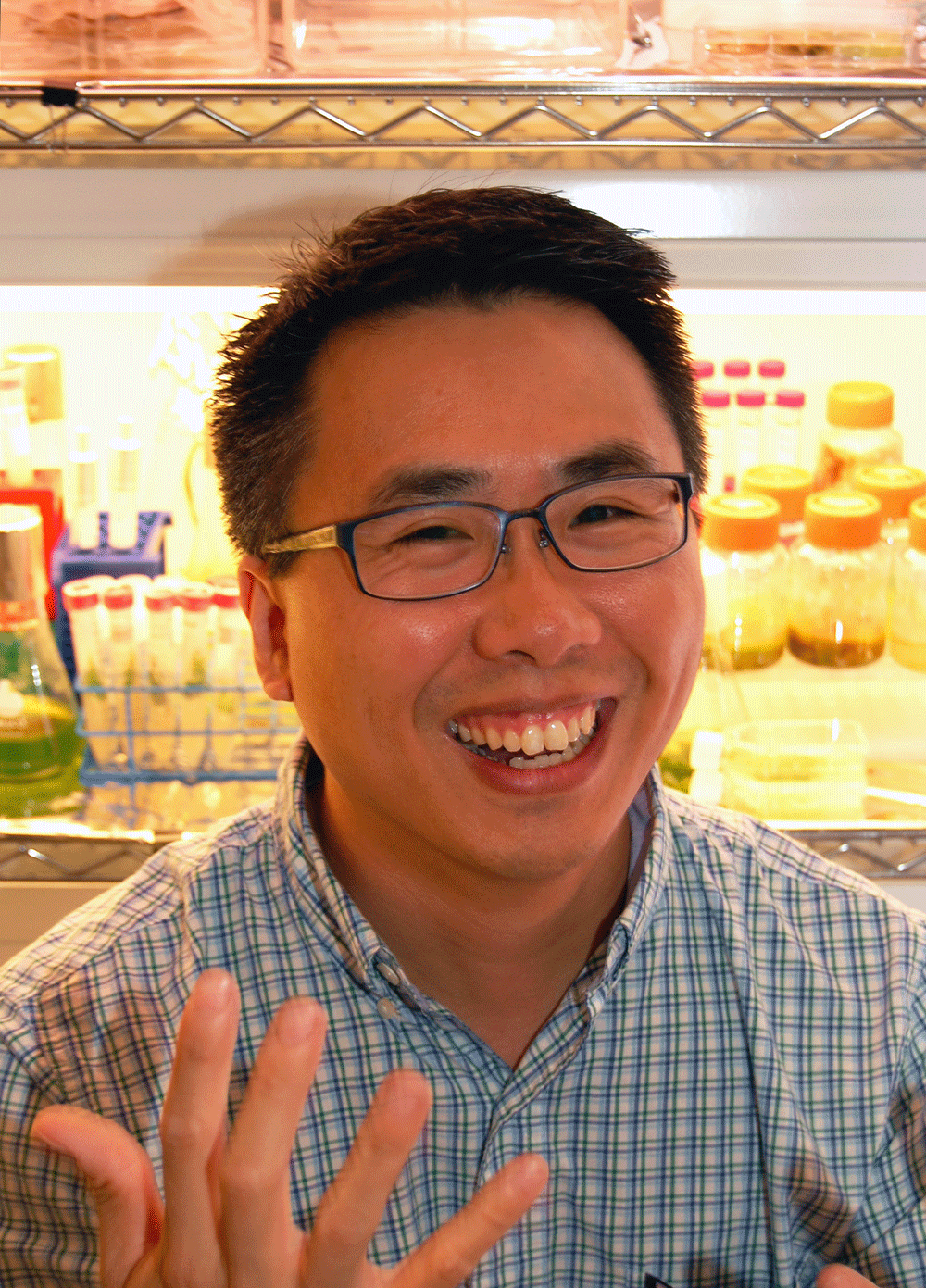About Darwin's Daemon...
The name of this website was inspired by Darwin and a famous gedanken experiment posed by James Maxwell involving an omniscient demon (or daemon); quoting Wikipedia:"[Consider] a container divided into two parts by an insulated wall, with a door that can be opened and closed by what came to be called 'Maxwell's demon'. The demon opens the door to allow only the 'hot' molecules of gas to flow through to a favoured side of the chamber, causing that side to gradually heat up while the other side cools down, thus decreasing entropy."
This supposed violation of the Second Law of Thermodynamics (ignoring the possiblity that the demon actually does "work") was used to emphasize the profound relationship between information and thermodynamics.
By analogy, Darwin's concept of Natural Selection may be viewed as the biological equivalent to Maxwell's Demon: an agent that "filters" for the fittest and gradually increases the complexity of biological forms and functions.
While 'Darwin's Daemon' could connote Natural Selection, I use it to suggest a more egregious idea: that I—and others like me who do synthetic ecology or experimental evolution—play the 'demon' in purposefully altering ecological/evolutionary trajectories of organisms in the lab. We are in the business of Experimental Selection.
A more naughty take on 'Darwin's Daemon/Demon' is that I focus on subject matter that either troubled Darwin (i.e., cooperation) or that apparently go contrary to his view of "slow evolution" as articulated in The Origin of Species (chapter 6):
"...'Natura non facit saltum' [nature does not make jumps]...natural selection can act only by taking advantage of slight successive variations; she can never take a leap, but must advance by the shortest and slowest steps."
While "slow" evolution by mutation/drift + selection is clearly a fundamental rule, I believe the formation of symbioses provides a natural (and now demonstrated) means for "leapfrogging" evolutionary novelty and catalyzing rapid evolutionary change. (Although some folks like to claim that Darwin was wrong, the truth is: Darwin was incredibly prescient and right on most things. It's been >150 years since Chuck wrote his prophetic masterpiece; fine-tuning should be expected, folks, not blown out of proportion.)
N.B. I prefer the using 'daemon' over 'demon' since it has less negative connotations; also, it's meaning and overtones are more in tune with the concept of selection as a continuous process.
(for even more on 'daemon')
About Erik
 |
(N.B. Some thoughts on moving to Mississippi. There's also an interesting (albeit dated) piece about Oxford, MS from the New York Times. Anthony Bourdain once remarked: "[Oxford's] a lovely, incongruously eccentric little island, a mutation...a magnet for writers, thinkers, and oddballs.")
I'm a native of New York City (the borough of Queens, to be precise) and a product of the NYC public school system, including The Bronx High School of Science. As a result, my science is much better than my geography (I swear I don't recall ever getting a geography lesson; must be because NYC is the center of the universe).
I used to live in Cambridge, MA, which is a really fine city, though like Tony Bennett, I too left my heart in San Francisco (where I went to grad school).
I'm a lover ofgood great food and fine wine (in concept, not taste—I think I'm missing an enzyme). I'm also a classical music buff, but sadly (and sorely) miss the time to attend concerts, practice the violin, and play chamber music. (If I get around to it, I'll have a page dedicated to the indulgence of my musical musings.) I believe in tea-times, not coffee-breaks, and think hot drinking chocolate should replace coffee as the addictive drink of choice.
If I weren't a scientist and pursued my other childhood interests instead, I would be a librarian or an origami teacher (or both). I suppose none of these careers would be terribly lucrative, but I would be happy.
Now living in the heart of Oxford, MS, I'm happy to be free from dealing with traffic and to enjoy this chapter of life with my lovely wife and kids.



I used to live in Cambridge, MA, which is a really fine city, though like Tony Bennett, I too left my heart in San Francisco (where I went to grad school).
I'm a lover of
If I weren't a scientist and pursued my other childhood interests instead, I would be a librarian or an origami teacher (or both). I suppose none of these careers would be terribly lucrative, but I would be happy.
Now living in the heart of Oxford, MS, I'm happy to be free from dealing with traffic and to enjoy this chapter of life with my lovely wife and kids.



Results from one of my more important ongoing experiments (N=2); right, summer 2015)
dae·mon /ˈdēmən/
- an attendant, guiding spirit or inspiring force
- an underlying background process that works tirelessly to perform system chores
- a program that lays dormant until particular conditions are met
Ancient Greek root: δαίω (daio), “to divide, to distribute destinies, to allot”


 Assistant Professor (Fall 2014)
Assistant Professor (Fall 2014)